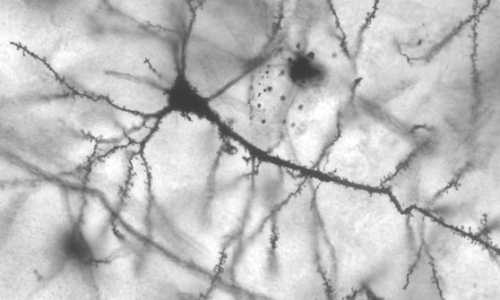New study: New way of controlling electronic systems endowed with a memory can provide insights into the way associative memories are formed by mimicking synapses
Scientists are attempting to mimic the memory and learning functions of neurons found in the human brain. To do so, they investigated the electronic equivalent of the synapse, the bridge, making it possible for neurons to communicate with each other. Specifically, they rely on an electronic circuit simulating neural networks using memory resistors. Such devices, dubbed memristor, are well-suited to the task because they display a resistance, which depends on their past states, thus producing a kind of electronic memory. Hui Zhao from Beijing University of Posts and Telecommunications, China, and colleagues, have developed a novel adaptive-control approach for such neural networks, presented in a study published in EPJ B. Potential applications are in pattern recognition as well as fields such as associative memories and associative learning.
The key to this study lies in the ability to gain better control of how memristors behave. This, in turn, helps duplicate the kind of anti-synchronisation phenomena observed in real life. The team focused on applying a novel control approach enabling synchronization of two state vectors that have the same state trajectory, but opposite signs – which is important for applications. For example, anti-synchronization in lasers provides a new way to generate the special form of pulse. While anti-synchronization in communication systems increases the security and confidentiality of communication by changing the form of synchronisation.
The trouble is that the traditional robust control and analytical techniques cannot be directly applied because the parameters of the memristor neural network are dependent on past states. In addition, external disturbances do not allow easy synchronisation of the neural network. In this work, the team thus identifies some effective conditions that give the system stability – which is also reached more quickly and durably than with previously available methods.
Story Source:
The above story is based on materials provided by Springer.





